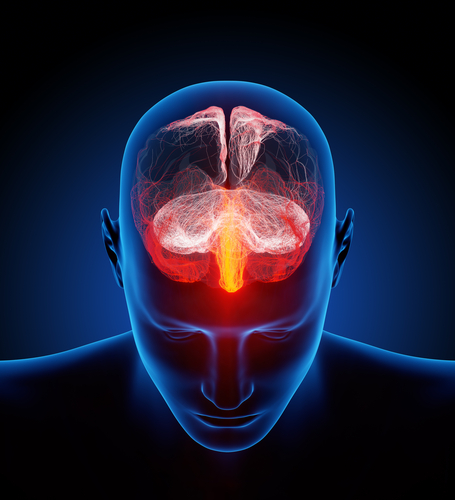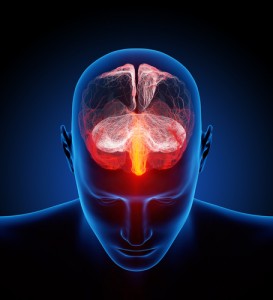Can Being Bilingual Delay Alzheimer’s?
Written by |

 A study performed at Ghent University in Belgium suggests an association between language skills and the onset of Alzheimer disease symptoms. In the study, a team of both psychologists and neurologists analyzed two different groups of patients with a probable risk to develop Alzheimer’s disease and separated according to their capacity of speaking one language — monolinguals — or two languages — bilinguals. The study aimed to determine the age for Alzheimer’s disease diagnosis and disease symptoms’ onset between the different groups.
A study performed at Ghent University in Belgium suggests an association between language skills and the onset of Alzheimer disease symptoms. In the study, a team of both psychologists and neurologists analyzed two different groups of patients with a probable risk to develop Alzheimer’s disease and separated according to their capacity of speaking one language — monolinguals — or two languages — bilinguals. The study aimed to determine the age for Alzheimer’s disease diagnosis and disease symptoms’ onset between the different groups.
The team observed a difference in the age onset of Alzheimer’s disease symptoms — while monolingual patients developed the first signs at an age of 71.5 years old, the age for disease onset in bilinguals was of 76.1 years old. The tendency was also observed in Alzheimer’s disease, with monolinguals being diagnosed at 72.5 years old and bilinguals at 77.3 years old. Each group was standardized according to their education, profession, and socioeconomic status.
These findings are in agreement with previous studies that suggest that maintaining an active brain activity can delay the onset of Alzheimer’s disease. In the case of bilingualism, it was suggested as a factor capable of impairing the cognitive decline associated with aging.
While Alzheimer’s disease can have genetic risk factors, it is increasingly being reported that preventive measures can impact the onset of the disease, and an example is the building of brain reserves and social engagement. Other measures include performing exercise and adhering to dietary regiment.
Alzheimer’s disease is recognized as the most common cause of dementia among older adults and is estimated to affect 5.1 million Americans. Currently without a cure, Alzheimer’s is a neurodegenerative disease characterized by the loss of memory and reasoning skills, leading inevitably to the loss of basic body functions and death. While without a cure, the U.S. Food and Drug Administration has approved three medications to treat mild to moderate Alzheimer’s disease – Donepezil (Aricept®), rivastigmine (Exelon®), and galantine (Razadyne®), and Memantine (Namenda®) to treat moderate to severe Alzheimer’s (although Donepezil can also be used in severe cases).





